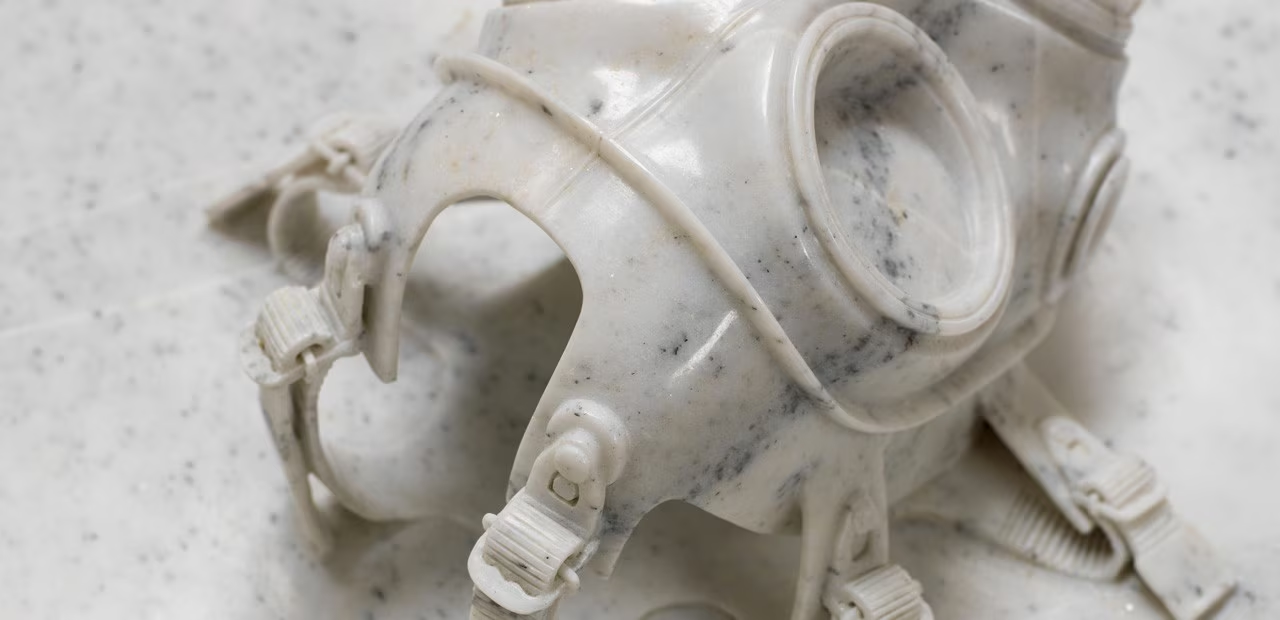
These include: a marble recreation of his father’s armchair; two sets of humble cosmetics bottles fashioned from jade; various handmade facsimiles of coat-hangers and pairs of handcuffs; as well as the window handles taken from Beijing taxis, which appear to be readymades, only remade in clear glass.
Although some of the sculptures in this show relate to his secret detention of 2011 – during which he spent 81 days accompanied only by his interrogators and the scant furnishings of his cell – the overall impression is of Ai’s life as it was before and currently is in Beijing, confined as he is to his native China. The formative influence and example of Marcel Duchamp, as an artistic hero of Ai’s discovered during his period living in New York from 1983–93, also looms large.


Until 19 July 2014
Ai Weiwei
Lisson Gallery
27 Bell Street, London


